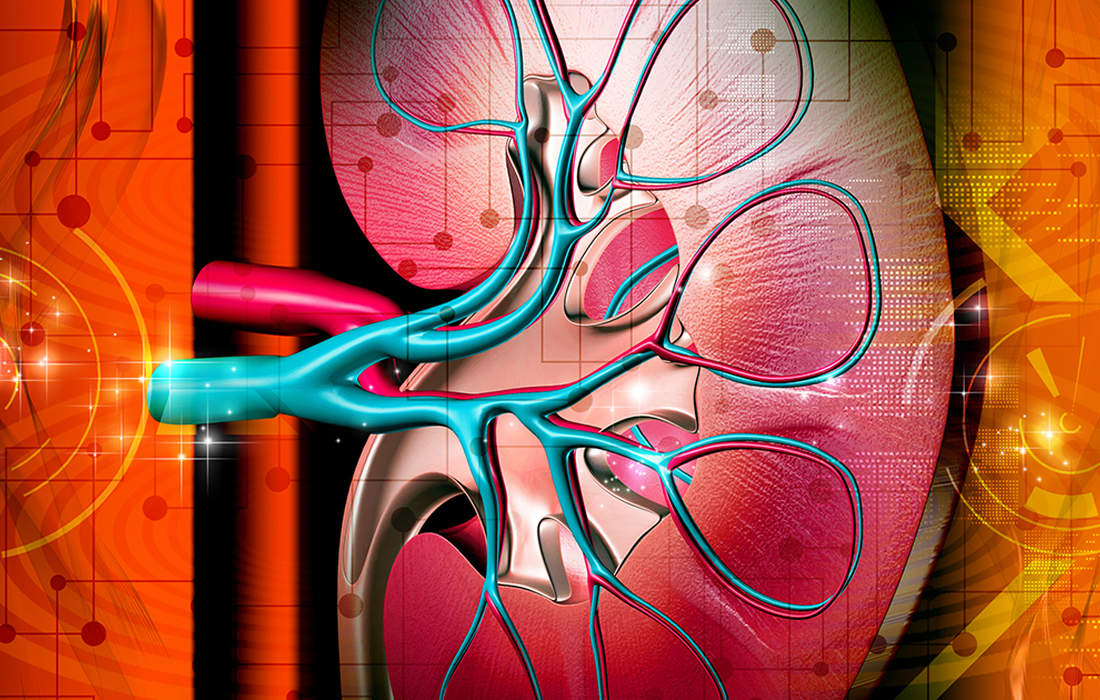Stem Cell Therapy for Specific Conditions
The Use of Exosomes in Chronic Kidney Disease
Chronic kidney disease (CKD) is a progressive loss of the renal function that affects over 200 million people worldwide, and is associated with increased morbidity and mortality rates.
According to the Global Burden of disease study CKD was ranked as the 25th leading cause of death in 1990, but rose to 18th place in 2010. Similarly, total mortality for CKD rose by 31.7% from 937,000 deaths in 2005 to more than 1,234,000 deaths in 2015.
Current treatment options for chronic kidney disease include treating the underlying cause and preventive measurements, such as blood and glucose control. However, dialysis and kidney transplant are the only viable therapeutic options when a patient is reaching end-stage renal disease (ESRD).
Mesenchymal Stem Cells derived Exosomes
Preclinical and clinical data have illustrated the enormous potential therapeutic value of mesenchymal stem cells (MSCs) to prevent renal injury and promote functional recovery.
Although MSCs may contribute to repopulating injured renal tissue by engrafting into renal tubular and endothelial cells, their main regenerative effect is primarily exerted by their paracrine function.
In addition to the release of cytokines, chemokines, and growth factors, stem cells produce and secrete extracellular vesicles (EVs), which are also called exosomes.
Studies have shown that these EVs can enhance proliferation, inhibit apoptosis, decrease inflammation, and promote angiogenesis. Therefore they might be an alternative cell-free therapy for renal disease.
Studies Using Exosomes for CKD
A study by Bruno and colleagues showed that multiple intravenous administration of MSC-derived EVs improved mouse decreased mortality and preserved renal structure and function.
In another study by Nassar and colleagues, the team evaluated the use of EVs in 40 CKD patients stage III and IV (eGFR 15-60 mg/ml). The patients were divided into 2 groups (20 patients per group), group A which received the intravenous and intra-arterial EVs therapy, and group B received a placebo.
The participants who received the therapy exhibited significant improvement in eGFR from baseline of 31.05 ± 4.513 ml/min to 47.25 ± 5.139 ml/min. at 12 week and to 41.35 ± 2.587 at the end of one year.
Patients in the group A also had improvement sin blood urea, which decreased from baseline of 25.8 ± 14.16 mg/dl to 74.65 ± 6.907 mg/dl. At 12 weeks and to 69.2 ± 2.977 mg/dl by the end of the year, and of serum creatinine, which decreased from baseline of 3.435 ± 0.493 mg/dl to 2.185 ± 0.252 mg/dl at 12 weeks.
Conclusion
The research studies have shown that the use of exosomes for chronic kidney disease can be a safe and effective therapy for CKD by ameliorating the inflammatory immune reaction and improving the overall kidney function.
Sources:
Nargesi AA, Lerman LO, Eirin A. Mesenchymal Stem Cell-derived Extracellular Vesicles for Renal Repair. Curr Gene Ther. 2017;17(1):29-42. doi: 10.2174/1566523217666170412110724. PMID: 28403795; PMCID: PMC5628022.
Nassar W, et al. Umbilical cord mesenchymal stem cells derived extracellular vesicles can safely ameliorate the progression of chronic kidney diseases. Biomater Res. 2016 Aug 5;20:21. doi: 10.1186/s40824-016-0068-0.
Image from:
https://www.kidney.org/atoz/content/about-chronic-kidney-disease

